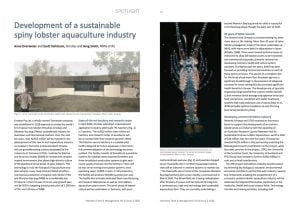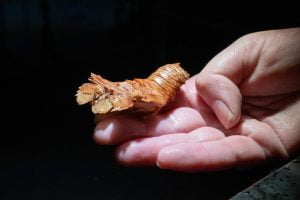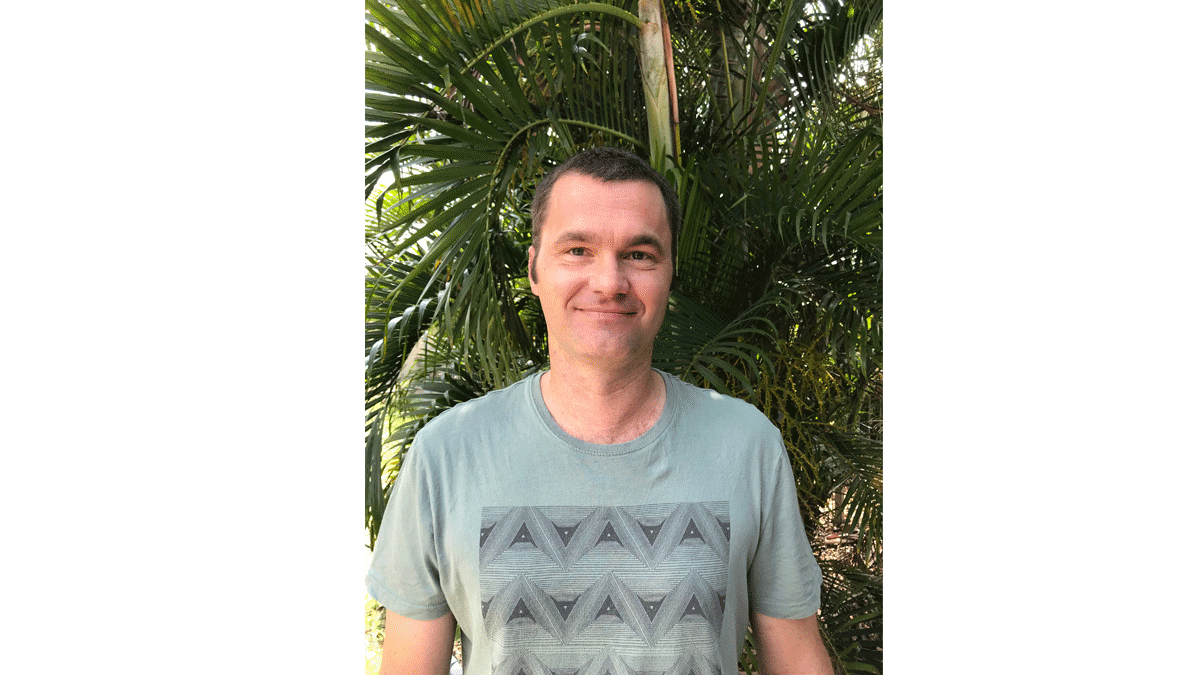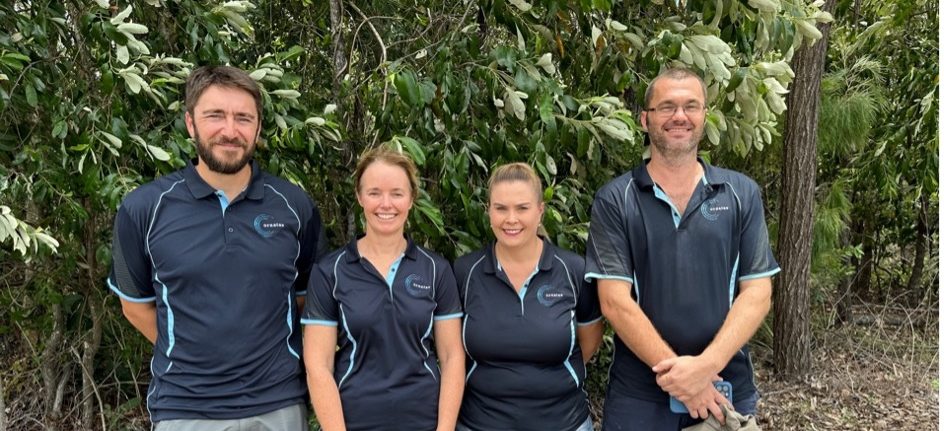The team at Ornatas are excitedly awaiting the arrival of our Tropical Rock Lobster brood stock, to kick off the first phase of growing Tropical Rock Lobster in the Toomulla Hatchery. The arrival will mark the beginning of the world first undertaking to grow Tropical Rock Lobster in a commercial scale hatchery.
In September, we obtained our first collection permit for Tropical Rock Lobster from the Great Barrier Reef Marine Park Authority (GBRMBA) which will enable us to locally collect our first brood stock ready for an upcoming larval run. However, collecting lobsters that are in the right condition and sexually mature can be challenging, they are sometimes hard to find or weather conditions for collection are not optimal. It is pivotal that the brood stock collected are in good health and sexually mature in order to ensure consistent egg production and supply to our hatchery for years to come.
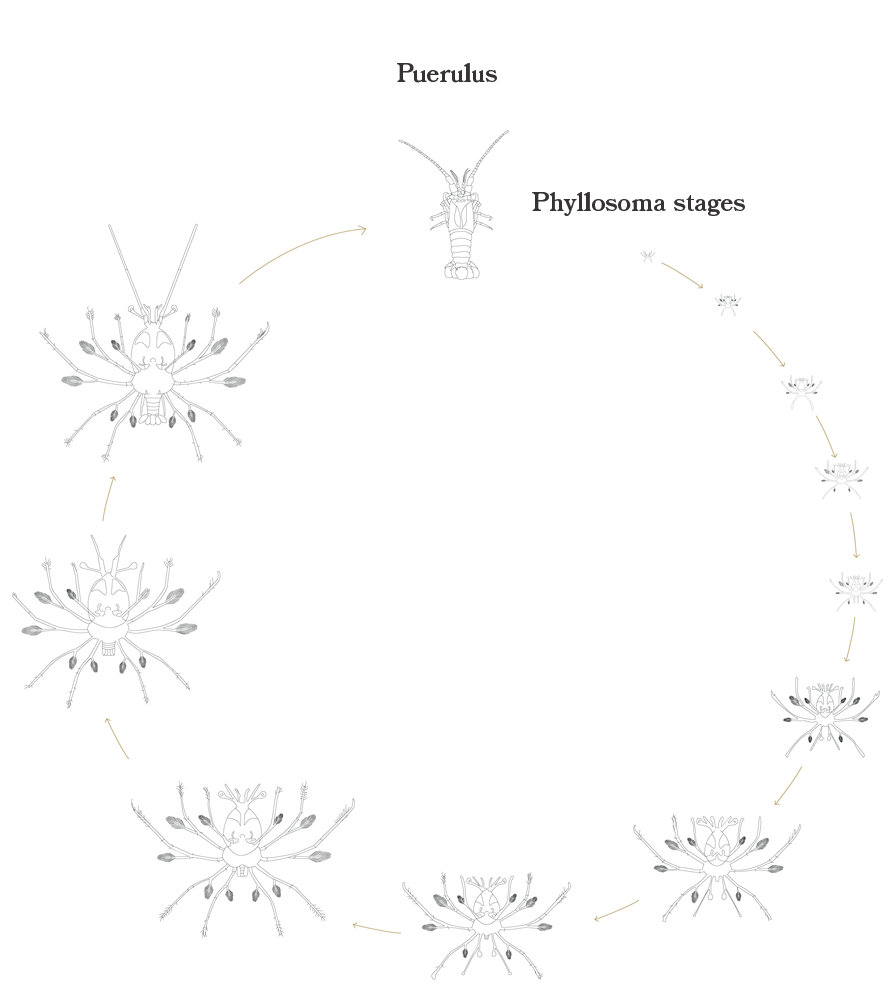
Over the coming weeks, Ornatas will be looking for mature animals, both male and female, that are over 1.2 kg in size. Under ideal circumstances, the females will already be carrying eggs, which should be common in the wild during this time of the year. Successful collection of already berried females will mean the hatchery could be stocked within the month, as the female lobsters hold their eggs for up to 28 days before they hatch into an instar larvae at just 1.5 mm in length. Establishing when the larvae will hatch is easily determined once the larvae in the eggs develop eyes. By visually inspecting the eyes average width and lengths the Ornatas hatchery team can then determine how many days until the larvae hatch at the current water temperature.
Our team of seven hatchery technicians led by Hatchery manager Anna Overweter, and Technical Manager Nathan Cleasby will be working around the clock to support the egg development and hatching process. The Ornatas team will closely monitor water quality and health of the brood stock to make sure the larvae produced will have every chance of success, and follow in the successful footsteps of the Morton Bay Bugs at the Ornatas Hatchery.
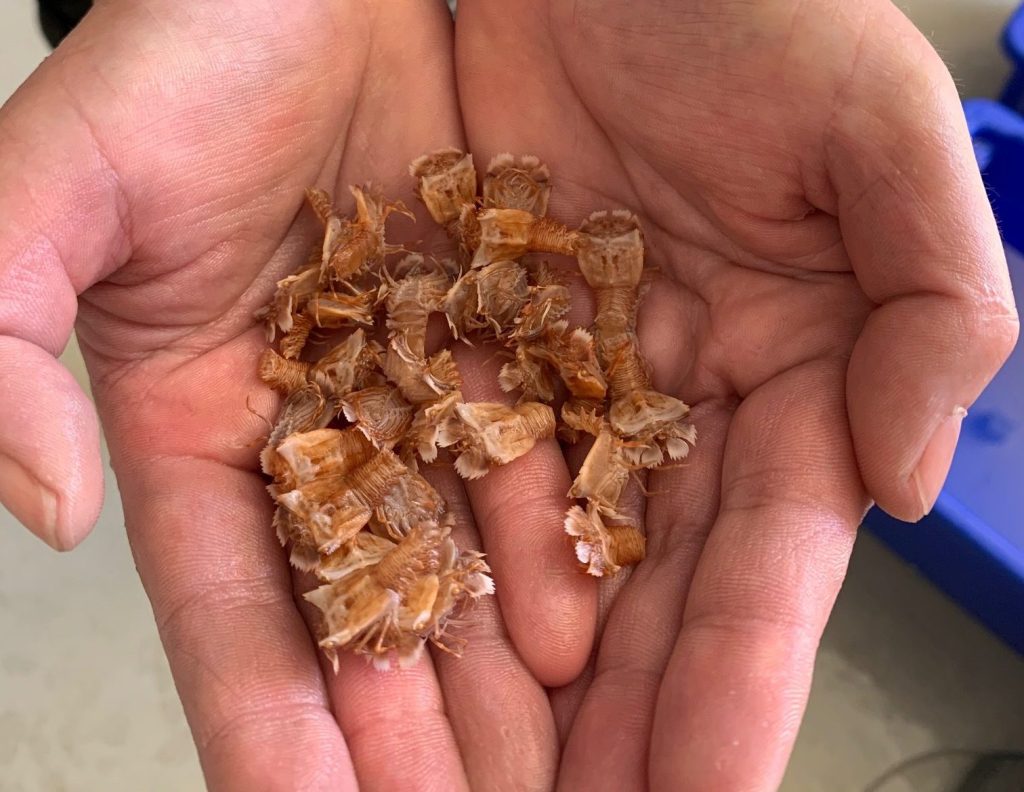
Other news



